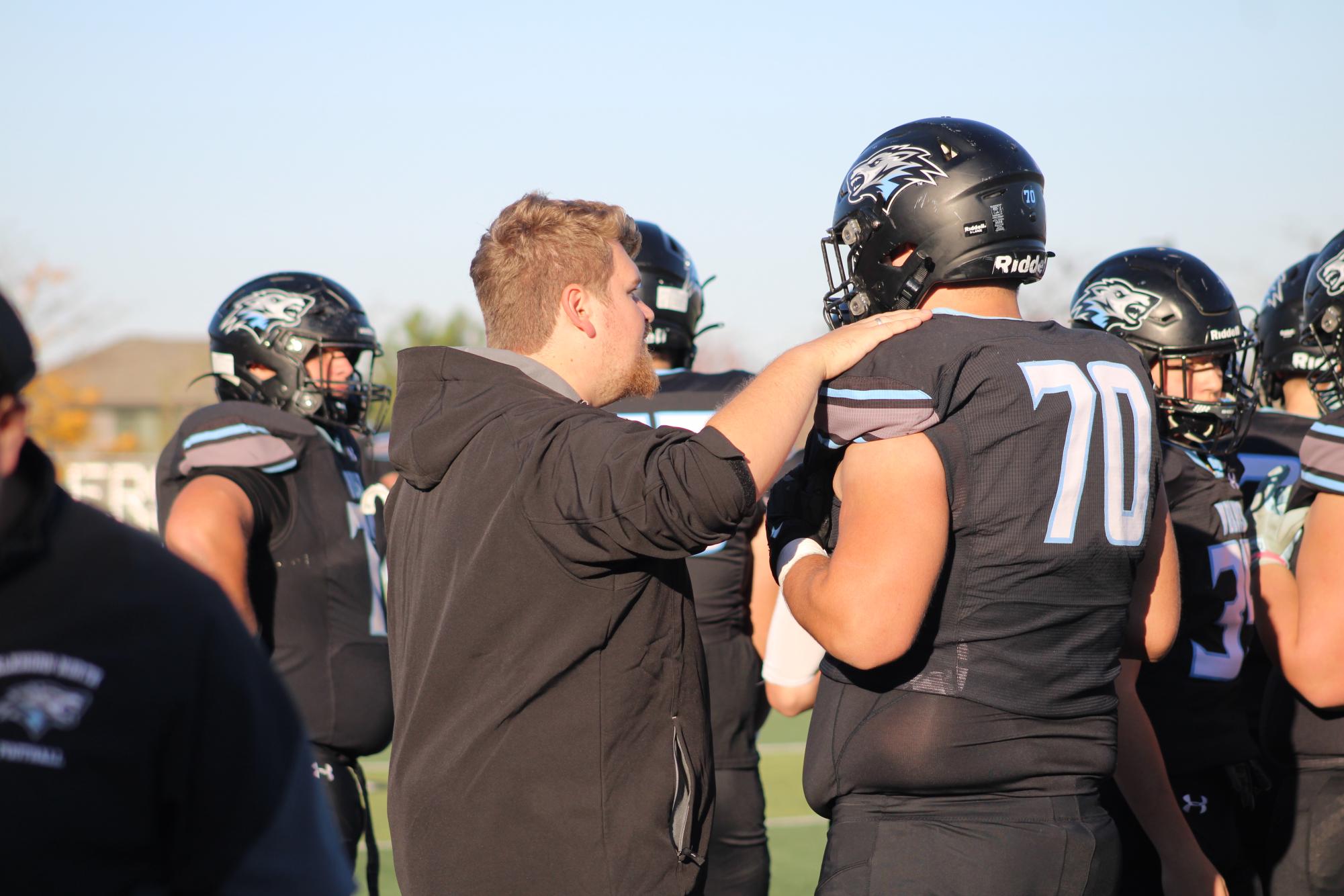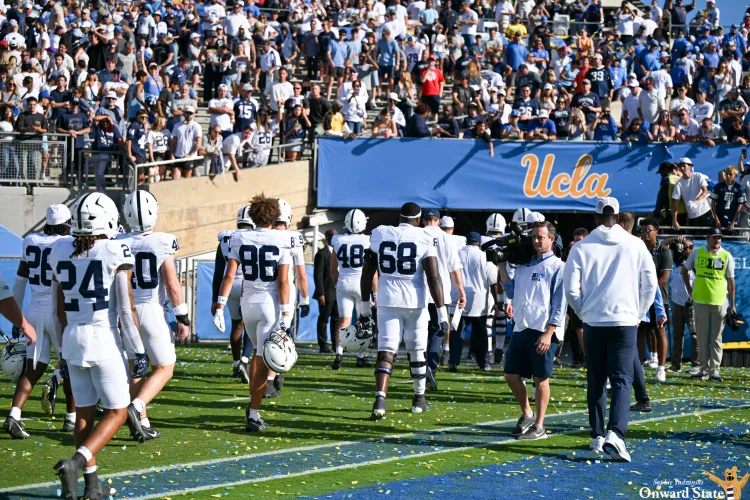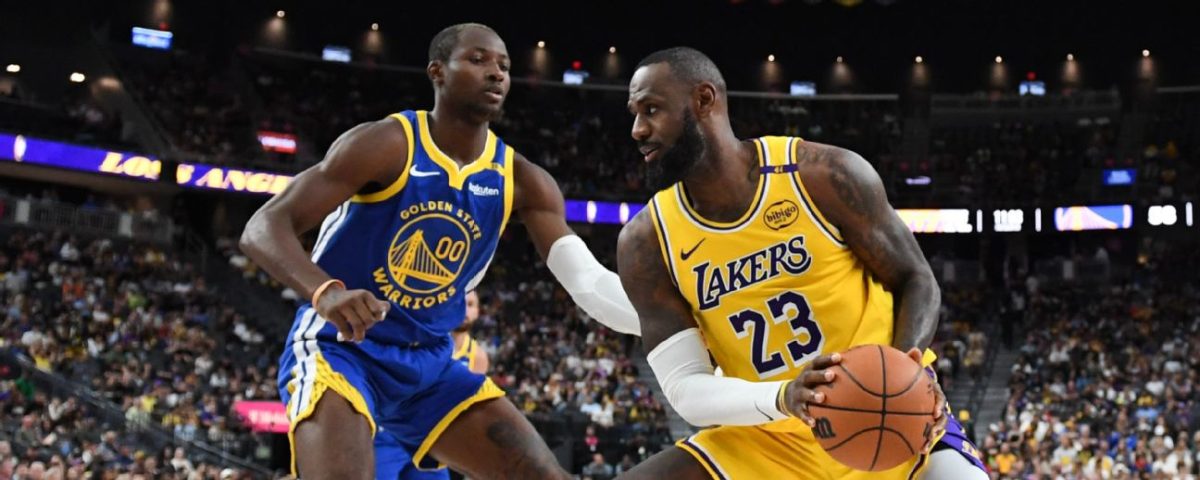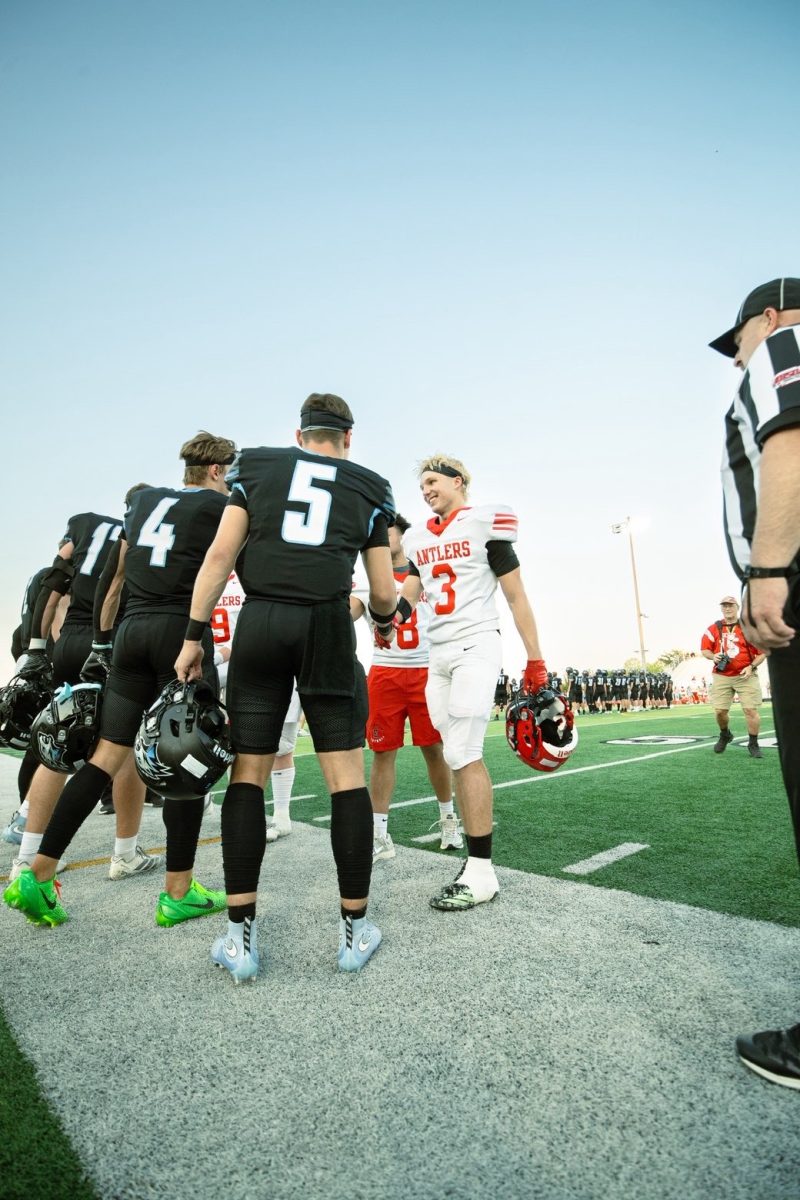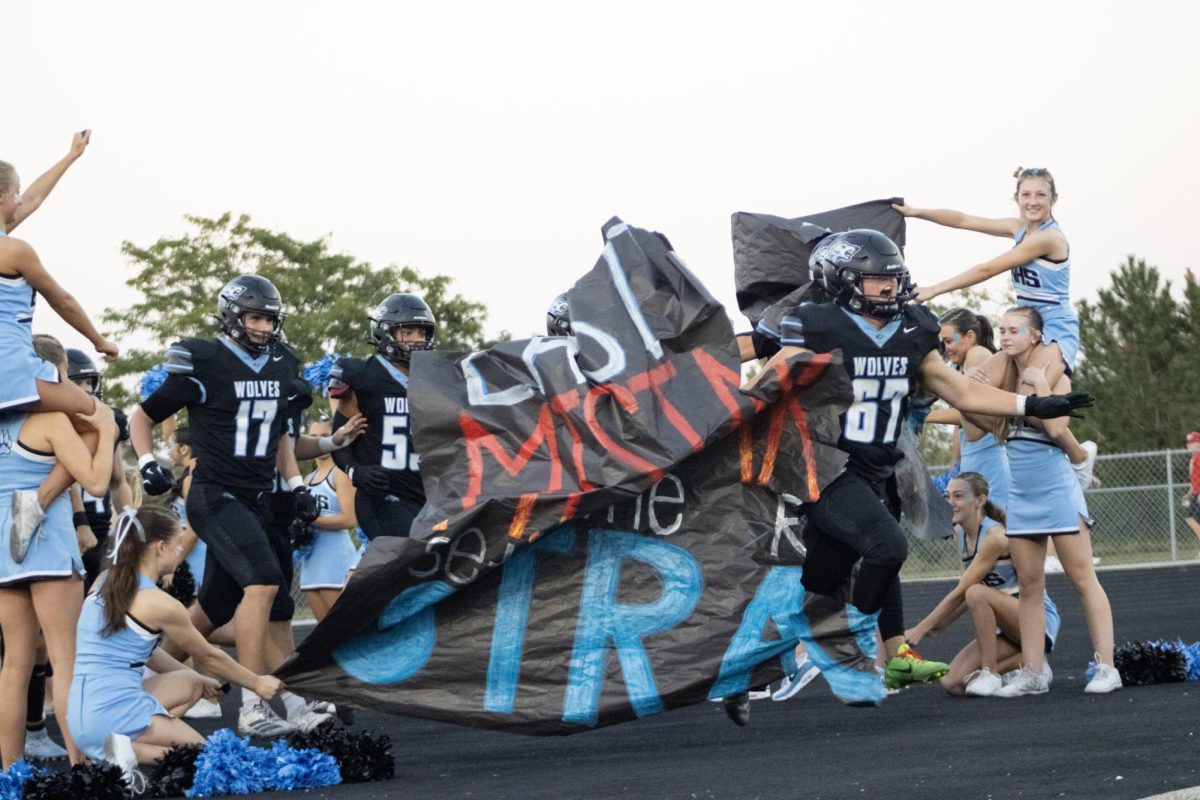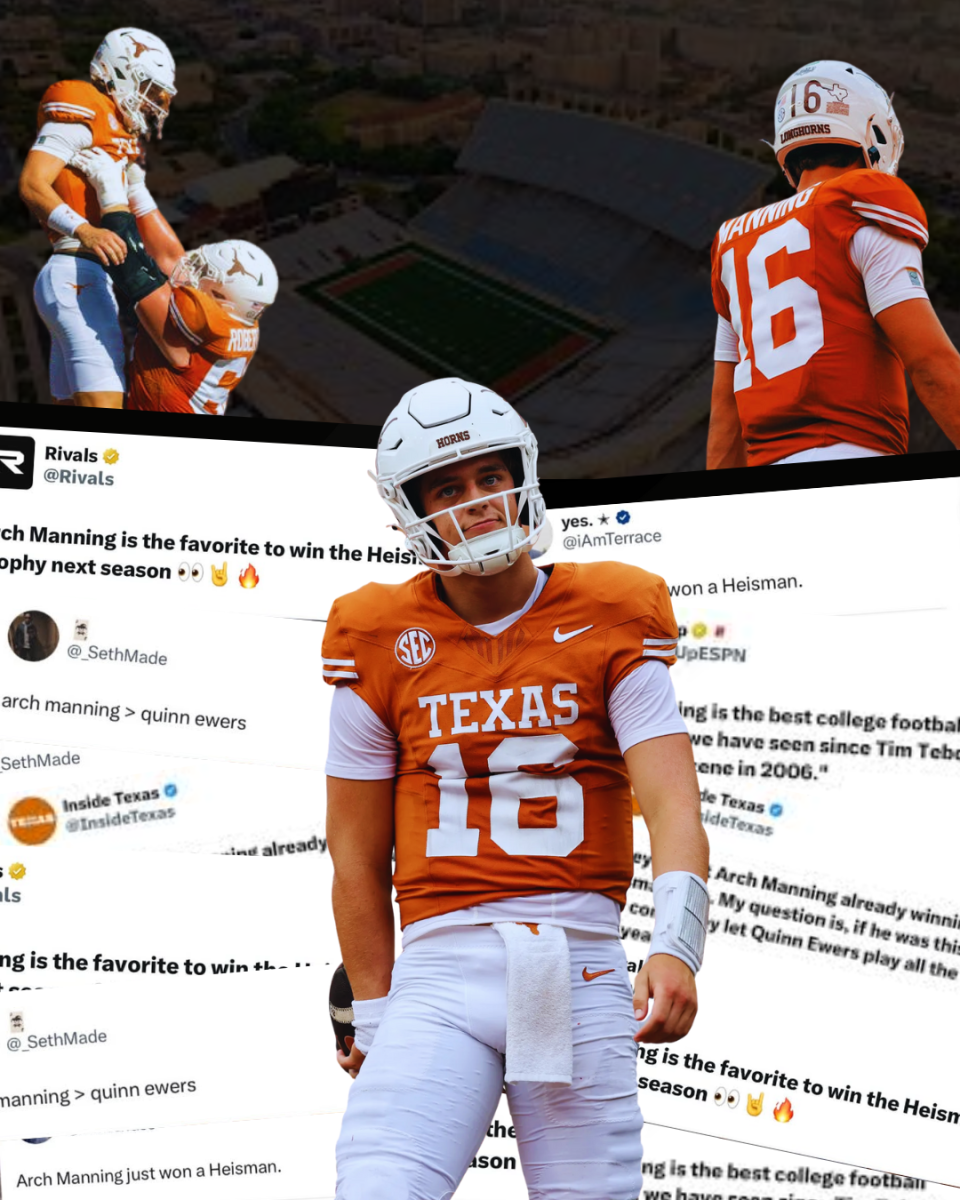Coaches are put on a pedestal by their athletes. Not only do they improve the athletic skills of players, but coaches also teach athletes skills that can shape them as people outside of the sport. Along with the goals athletic coaches set for the team’s record, they aim to establish a team culture.
The baseball program has a foundation built off a code known as “GLUE” (Grit, Love, Uncommon, Excellence).

Photo courtesy of Malorie Black
“We embody [love] at practices,” junior GLUE Guy Jack Settles said. “If someone makes a mistake we help them through and never get angry at each other.”
The goal is for each player to showcase each of the four characteristics. At the start of each season, four players who have shown the qualities of GLUE receive the title of GLUE Guys.
“Baseball is a game of failure, and we are pretty intentional about trying to teach kids how to deal with that failure by continuing to show up with passion and how to persevere,” head baseball coach Anthony Dunn said.
Similarly, the football program utilizes a group known as the Leadership Council, which aids head football coach Samuel Stanley in mapping out what characteristics will get the team to their goals for the season.
“You have to identify leaders on the team who really excel in leadership areas and have demonstrated that through their behavior,” Stanley said. “Then empower them to be in a position where they can influence the rest of their team.”
Leadership is a skill promoted by coaches. However, the competitive atmosphere in sports can inhibit athletes’ ability to develop other skills, rather they develop insecurity in their sport.
“We try to have honest and open conversations with the kids and try to reward the good that we see,” Dunn said. “Just telling them ‘Hey, I saw that you’re doing this skill better, good job working on it.’”
This encouragement is a constant reminder to athletes about their abilities and eases their nerves. It pushes athletes to be the best person they can be, academically and athletically, without comparing themselves to other teammates.
“We are trying to gear kids into seeing this as a transformational process,” Dunn said. “They’re running their own race, and it might look different than the other person.”
While the overall journey of each athlete is different, they are related in that the coaches teach each athlete selflessness and how to persevere.
“We try to lean into the idea that we are all bonded through shared experience,” Dunn said.
Competitive atmospheres can sprout negativity, jealousy, and insecurity within a team. Detaching athletes from the idea that sports are only about getting better athletically, and coming to the conclusion that it is really about the team’s success will allow themselves for greater personal growth and development.
This idea is further portrayed by both the girls and boys Cross Country teams through their 2024 season motto: “WE over ME”.
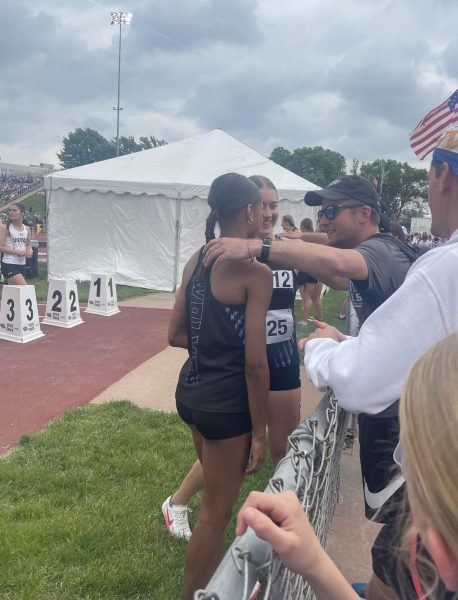
Photo courtesy of Leah Robinson
“I started to think less about myself and more about the team,” runner Leah Robinson said. “I was able to get closer to my teammates.”
Promoting this mentality centers the athletes back at the purpose of their performance: the team. Runners rely on their teammates throughout the ups and downs of the season while continuing to perform at a high level.
“One of the things I really preach is focusing on what you can do day to day,” head cross country coach Jordan Fuglestad said. “We worry so much…You can’t just focus on the negative and what others are doing. You have to focus on what you can do.”


